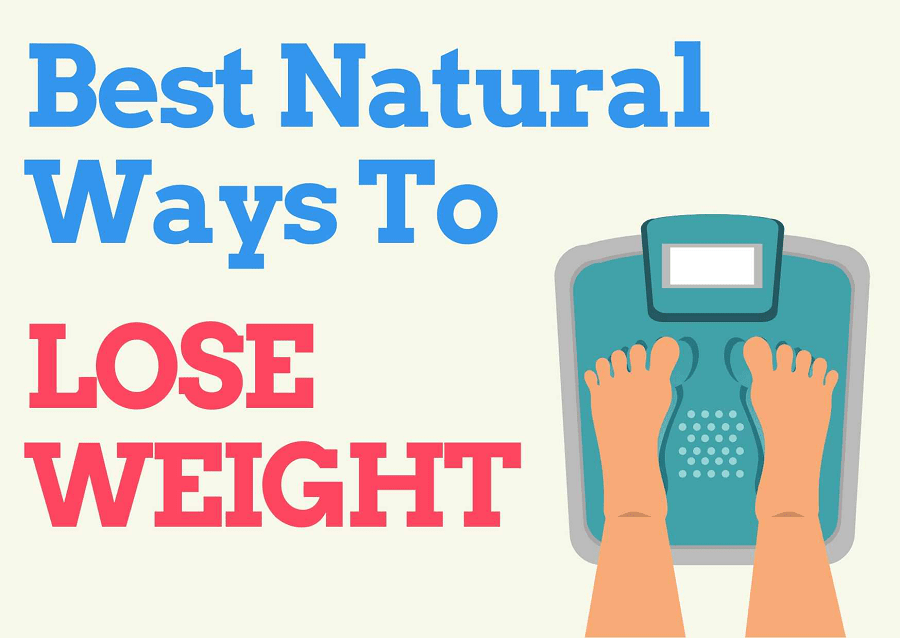A healthcare virtual assistant (HVA) is a technology that helps the patient and the healthcare staff, to help with scheduling appointments, answering medical questions, sending medication reminders and maintaining health records. HVA's interact in real time with users to improve efficiency, foster engagement with the patient and lessen the burden on healthcare professionals.
These technologies are also improving access and workflow, enhancing patient engagement, and decreasing burnout for providers in healthcare. As healthcare systems continue to experience rising demands on services, these technologies provide an ongoing method to meet those demands.
Healthcare virtual assistants can assist with:
- Scheduling appointments and sending reminders
- Triage and symptom checking
- Insurance verifications
- Transcribing or writing
- Requests for the initiation of refill medications
- Education of patients and follow-up care after the visit
How are Healthcare virtual assistants driving value in healthcare operational environments?
1. Front Desk Automation:
For healthcare organizations, long call wait times, missed callbacks, and appointments are commonplace in regard to their appointment scheduling processes. Healthcare virtual assistants can assist with automating all of these tasks. A virtual assistant helps patients speak or chat to schedule or reschedule appointment, or even cancelling.
Patients will get SMS, email, or voice reminders automatically. They can also check National Health Insurance eligibility and lastly, patients can view provider availability when booking appointment. This is to relieve the administrative burden of the practice and improve the patient experience factor of self-service capability for patients.
2. Patient Symptom Assessment
HVAs can perform a pre-assessment by chatting with the patient about symptoms, health history, and urgency level. Based on the patient's responses, the assistant can:
- Steer patient care, including emergency, primary care, and telehealth
- Speaking to a live agent or clinical staff member for more care if appropriate
- Provide self-care or educational materials when applicable
These assistants utilize a clinical decision methodology and evidence-based guideline support for clinical accuracy and safety for the patient.
3. Healthcare Virtual Nursing Assistants
Virtual nursing assistants help manage patients’ chronic illnesses and provide post-hospitalization care. They also send reminders about medications.
4. Clinical Documentation Support
It is estimated that clinicians spend 30 percent of their time doing documentation. HVAs can document the patient visit in real-time and fill data in the electronic healthcare (EHR). With the decrease in the burden of manual entry, clinicians will be able to spend more time with their patients and decrease burnout.
5. Billing and Insurance Support
Finally, HVAs can also assist patients with billing questions like the estimated amount owed, verify insurance and assist with billing or payment plans. They also aid in transparency in their care and reduce overall dissatisfaction with the billing experience.
Importance of Healthcare Virtual Assistants
Healthcare organizations using virtual assistant services experience many benefits, including round the clock availability, making the hours of operation nonexistent, unlike human staff. It is also cost-effective as HVAs allow organizations to reduce human resources costs by alleviating repetitive tasks and providing real cost savings.
Administrative burden is a common issue, and when organizations pass tasks to the HVA, clinicians and other staff can focus on higher-value tasks that care for patients.
Virtual assistants can help health systems scale effortlessly, during peak seasons or in other situations. They support patient engagement by providing follow-ups, education, and patient convenience to make patients feel as if they have connected with someone, leading to better adherence and satisfaction. More providers, ranging from small clinics to large hospital systems, are now looking at HVAs to help them:
- Reduce the amount of administrative burden on their staff
- Improve communication with their patients
- Achieve operational efficiencies
- Decrease patient no-shows and cancellations
- Facilitate value-based care models
Challenges and Considerations
While HVAs have compelling and proven benefits, multiple issues relate to the health care organization providing the virtual assistant usage.
Data privacy and security:
Adhering to Health Insurance Portability and Accountability Act (HIPAA) regulations is mandatory, and protected health information must be ensuring to be HIPAA compliant every time accessed by anyone.
HVAs are not meant to replace healthcare workers. HVAs are designed to help healthcare workers to become more efficient and ultimately become a digital member of a healthcare worker team where patience’s come first; therefore, there are fewer barriers for healthcare workers to be accessible. Healthcare virtual assistant services have transformed from a fictional construct into a present-day experience. HVAs are revolutionizing the patient experience by reorganizing administrative tasks, increasing care delivery, and supporting clinical staff.
Automating front desk operations helps assisting with symptom assessment, offering virtual nursing support, aiding in documentation, and simplifying billing processes. HVAs allow healthcare providers to focus more on patient care and less on routine burdens. By outsourcing services, they can save about 80 percent of their operational costs with just $7 per hour rates. These vendors also offer specialty-specific services. They offer top-notch billing and RCM services. Hence, virtual Assistants centers can further enhance their patient care efficiency.

















Add Comment